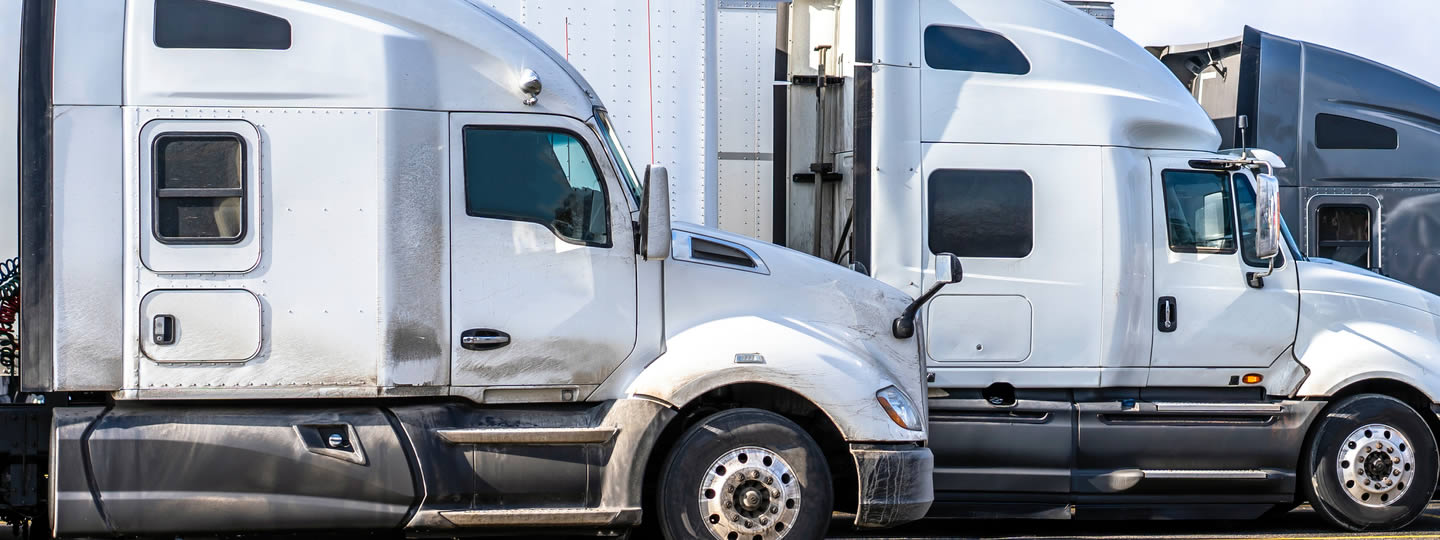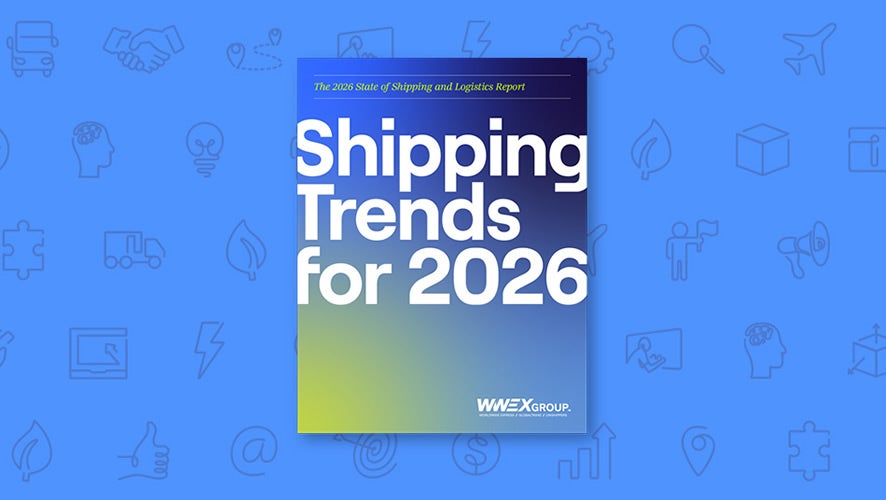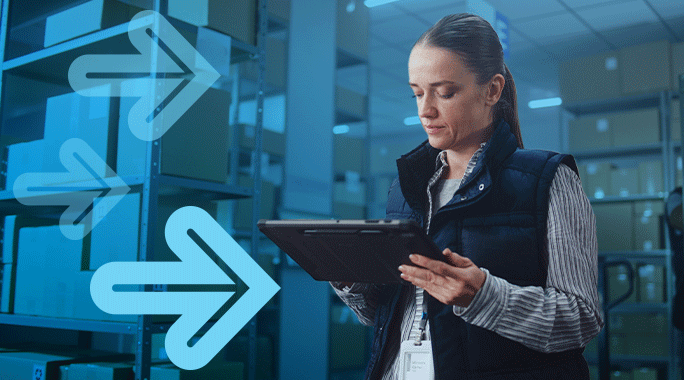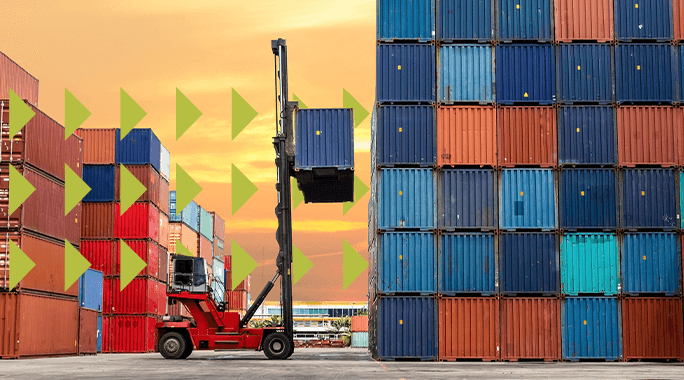BLOG POST
LTL vs. FTL Shipping Modes: What’s the Difference?

Reading Time: 3 minutes
There are a lot of acronyms in the world of freight: BOL, TMS, NMFC, EEI, POD to name just a few. In this alphabet shipping soup, however, there are two freight acronyms that often rise to the top and are crucially important for any SMB (there's another one!) to understand: LTL and FTL.
What does LTL and FTL mean, exactly? What's the difference between them, and how do you choose which is best for your next freight shipment?
LTL vs. FTL Defined
First up, the definitions. LTL means "less-than-truckload" and FTL means "full truckload." The difference between the two may seem obvious at first glance - one is used when a shipment won't fill up a truck, the other is used when it will. There's a lot more to consider beyond the names when it comes to truckload vs. less than truckload freight, though.
FTL and LTL Freight Meaning
Here are some of the factors you should consider when choosing whether LTL or FTL freight services make more sense for a shipment.
- Number of pallets and size/weight limits. Generally, an LTL shipment weighs from 150 to 15,000 pounds, and includes up to 10 pallets. An FTL shipment is needed when a shipment exceeds 15,000 pounds and/or 10 pallets.
- Cargo fragility. If your cargo is of a more fragile nature, or you're just more worried about minimizing handling and risk of damage or theft, FTL may be the better option. With LTL shipments, your freight is sharing trailer space with other shipments and is going to be handled and moved around more.
- Direct shipping or multiple stops? This factor is all about speed. FTL is usually the faster choice (and overnight freight is the fastest!), as it doesn't have to wait around for trailers to be filled and proceeds directly to the destination. More stops and loading/unloading, as with LTL, means a longer delivery timeline. If you're more concerned about cost and less concerned about speed, LTL can make more sense.
- Partial loads vs. volume shipping. Within the FTL vs. LTL consideration, there are a few other options to be aware of. Volume shipping is a subset of LTL, and generally consists of loads of more than 6 pallets that weigh between 8,000 and 10,000 pounds. These larger LTL shipments can be a more economical option than going with FTL.
- Partial truckloads are an area of FTL shipping that encompass 8 to 18 pallets and weigh between 8,000 and 27,500 pounds. These shipments share space with other cargo, but generally arrive faster than standard LTL freight. Learn more about the distinctions between partial loads and volume shipping.
- Security needs. FTL shipments are generally more secure than LTL, since your freight is handled a lot less and is shipped straight to the consignee. If you have above-average concerns about the value and security of your shipment, which is especially important in international freight, spending more on FTL may be worth the peace of mind.
- Special service and equipment requirements. With LTL freight, you have more flexibility on additional levels of service if they are needed. For example, if your freight requires "white glove" pickups or deliveries, lift gate services or freeze protection, LTL shipping is the way to go. Your service options are more simplified with FTL.
We understand that freight shipping is confusing. If you're still looking for more guidance, see why adding a 3PL for LTL or for your entire freight strategy could ensure your business' logistics are successful.
LTL vs. FTL Shipping: You're Covered Either Way
Whether your freight shipment requires a full truckload or less-than-truckload service, Worldwide Express has the resources, shipping tools, carrier partnerships and expertise you need. We have a carefully curated stable of more than 75 LTL and 85,000 FTL carrier partners that offer every option your shipments could require. We also offer warehousing and fulfillment services to make sure your orders are all expertly stored and shipped. And if you need a little more help choosing between FTL and LTL shipping, our team of experts can help you there, too!
Get started down the road of LTL and FTL freight with a complimentary custom shipping consultation from Worldwide Express today!





